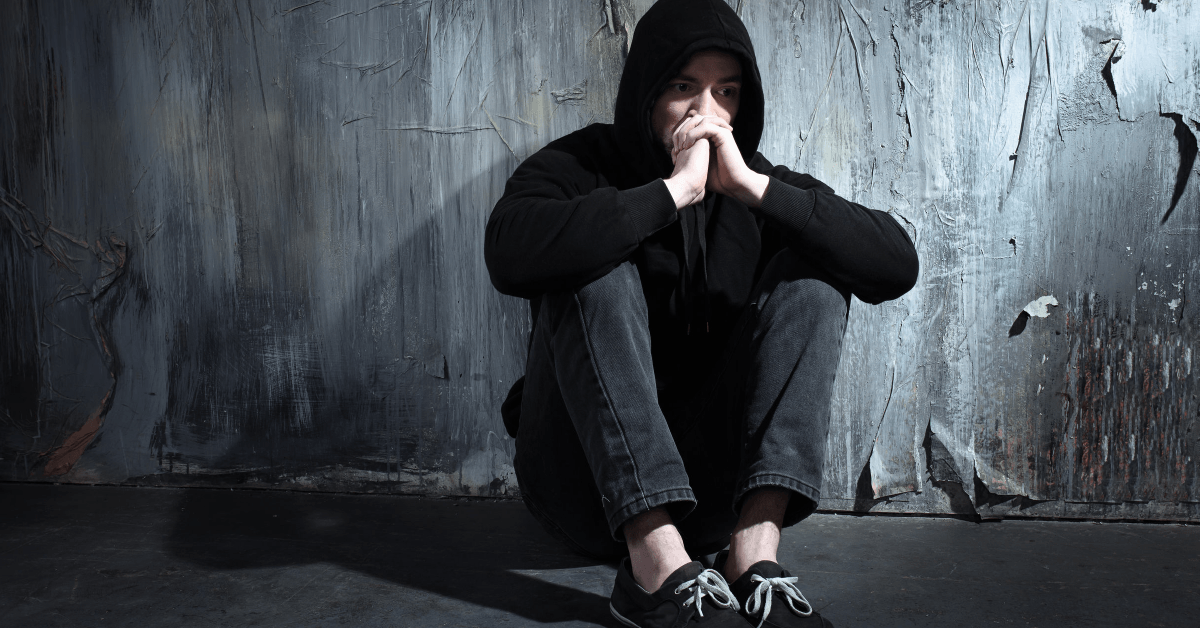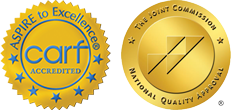According to the American Society of Addiction Medicine, addiction is defined as “a treatable, chronic medical disease involving complex interactions among brain circuits, genetics, the environment, and an individual’s life experiences.” When you get past the technical jargon, you’ll find that this definition provides two key pieces of information about addiction.
First, addiction is treatable. Nobody facing addiction should ever assume hope is lost.
The first step is to recognize the signs of addiction so you can seek help for yourself, a friend, or a family member.
Second, addiction affects every part of a person’s life. There are physical, behavioral, psychological, and emotional components of addiction that need to be taken into account to understand and treat this complex disease. Of course, the first step is to recognize the signs of addiction so you can seek help for yourself, a friend, or a family member.
Although the visible effects of addiction can vary based on the substance, such as opioids, alcohol, or cocaine, there are general warning signs that can tell you a problem may exist and it could be time to seek professional help.
Behavioral Signs of Addiction

Everyone goes through difficult times. You might say, “I just haven’t been myself lately.” However, there are certain types of changes in behavior that show a person is going through more than a rough patch. Things that were once priorities in life become secondary.
Someone dealing with addiction will commonly miss work, school, appointments, and various engagements. They could become less interested in people and activities that once brought them joy and fulfillment. Instead, they become isolated. Irritability, defensiveness, rationalization of unusual behavior, blaming others for problems, and even violence often cause relationships to become strained.
Do you have a loved one struggling with addiction?
We know how hard that can be. Give us a call to find out what options you have.
In the case of prescription medication, the continued use of the drug when it is no longer needed, even when the person sees the consequences of this behavior, is a tell-tale sign of addiction. Compulsive use takes over and control is lost. They become secretive to keep their addiction hidden.
These behaviors can lead to damaging effects of addiction, from legal and financial problems to lost jobs and divorce. To make matters worse, addiction can cause a person to disregard and deny the harm and pain they cause.
Physical Signs of Addiction

While the physical signs of addiction can be painful to witness, they can also provide very visible evidence of a serious problem and motivate a concerned person to take action.
Depending on the substance, a person could have red eyes or dilated pupils. They might have a runny nose or sniff excessively. Breathing could become labored. A lack of sleep could cause fatigue and affect a person’s speech, physical coordination, and ability to concentrate. On the other end of the spectrum, addiction can cause unusual bursts of energy in some cases.
Changing behaviors could cause unhealthy eating patterns, which lead to sudden weight loss or gain. You might notice a person’s clothes don’t fit well. They could also develop body odor and appear disheveled if addiction is causing them to ignore their personal hygiene.
Find Help at Discover Recovery Treatment Center
Addiction is a complex disease. Recovery is possible when the effects of addiction on every aspect of life are recognized and the “whole person” is treated. At Discover Recovery Treatment Center, we believe holistic treatment is essential to healing.
We help people suffering from addiction in Washington with a holistic treatment approach that combines the traditional model and innovative, experiential techniques. From our beautiful facilities in coastal Washington, drug rehab, alcohol detox, medical detox, and other addiction treatments are provided with compassion and integrity.
If you or someone you know is showing signs of addiction, you’ve already taken the first step to recovery by recognizing that these signs exist. The next step is to seek help. To learn more about our programs at Discover Recovery Treatment Center, contact us today.





